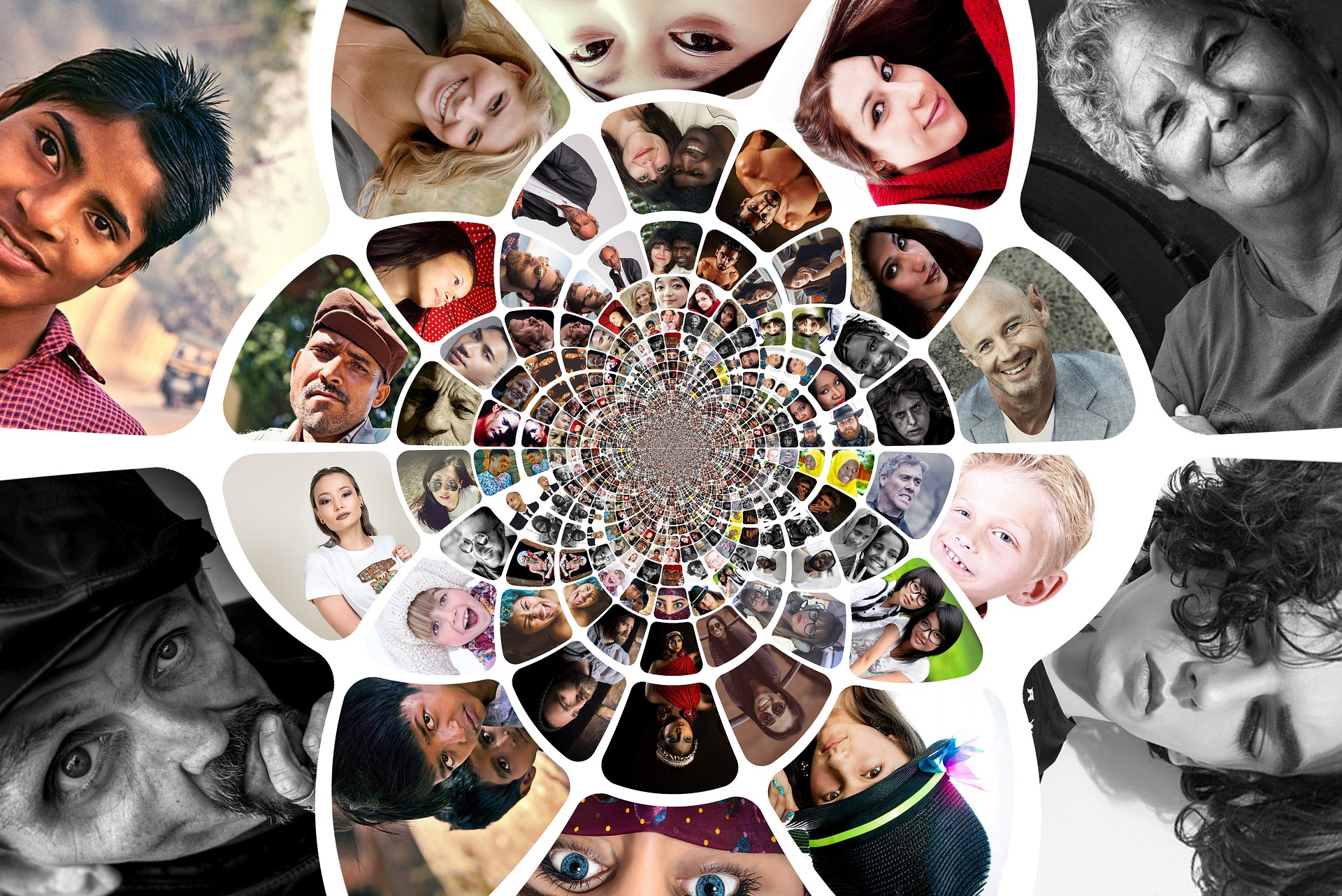Can we talk? In this election year, can we pause and reflect on how we are preparing our own children and students for civic life? When our children and students look back on this time, what will they remember about our words and actions? What is the pattern of comments, the nature of dialogue in our homes and classrooms?
What civic legacy are we leaving?
Tidy Boxes, Funny Memes, and the Culture of Contempt
When we talk about our political culture, we have a tendency to think broadly: our contentious political leaders, our gridlock legislature, the liberal vs conservative leanings of US Supreme Court justices. And we talk about media bias. This leads us to use global, reductive language, such as “the system,” or to use superlatives such as “all” democrats or “all” republicans. When we point fingers at others’ bad behavior, we often wring our hands and sometimes rage about how others are getting it wrong. But by pointing at others, we lose sight of our personal responsibility.
We also have a tendency to reduce other people to tidy boxes. We make assumptions based on a comment we heard or read on social media or other clues we interpret. We have scientific brains, and we like to sort, organize, categorize -- and ultimately create a container to hold all the information we associate with a person or group. It makes us feel like we are in greater control, too. But such reductive thinking diminishes each individual’s human dignity. The assumptions we make about others also form the roots of prejudice.
 In addition, we are immersed in an emotionally-charged social media and comedy culture that keeps us high on sarcasm and contempt: the more clever and cruel the better. Arthur Brooks -- author of “Love Your Enemies: How Decent People Can Save America From the Culture of Contempt” (2019) -- calls this the “outrage industrial complex,” and he documents studies that prove that these emotionally-charged experiences hit us like a surge of dopamine -- and it’s addictive.
In addition, we are immersed in an emotionally-charged social media and comedy culture that keeps us high on sarcasm and contempt: the more clever and cruel the better. Arthur Brooks -- author of “Love Your Enemies: How Decent People Can Save America From the Culture of Contempt” (2019) -- calls this the “outrage industrial complex,” and he documents studies that prove that these emotionally-charged experiences hit us like a surge of dopamine -- and it’s addictive.
I also love a good laugh. I appreciate free speech, and I recognize that politicians are ready targets for satire. But sometimes I wonder if there’s a secret middle school bully or bystander in too many of us, because it seems so easy to join in when others dehumanize our politicians and mock them without boundaries. If we can become numb to violence by constant exposure to violence on screens and in video games, can’t we become numb to psychological cruelty, too, through constant exposure?
Generalizing the problem, putting others in boxes, getting dopamine hits by immersing ourselves in the culture of contempt: these patterns can blind us to the ways we add to divisiveness in our society. Moving from such cacophony to “we the people” seems impossible. When it comes to politics, our expectations are often low. Rather than expect people to demonstrate their best humanity, we anticipate their worst. And sadly, we let ourselves join in.
But, we can do better.
Our children and students need us to do better. Here are some tips that can help us engage with others rather than minimize them.
Strategies for Courageous Conversations

Step 1: Start with emotional awareness and empathy. Be patient.
As a teacher who regularly discusses charged issues in my history and literature courses, I’ve learned that I need to recognize non-judgmentally the emotions of others first, and give them the time and space to settle those emotions, before we can engage in rational reflection. Emotions are powerful, and you can’t rush that time-table by pushing out facts and arguments; these can feel like weapons shot at a vulnerable person, when someone is emotionally charged.
Step 2: Model openness and curiosity. Be patient.
We need to facilitate others’ voices by asking questions that demonstrate our openness to learn from them, and use reflective language to make sure we’ve understood their views accurately. Aim to understand. When you offer an opinion, start with common ground (e.g. “We both worry about racism in our country. I hear that you think the problem is x, and I’ve been thinking a lot about y problem too. What do you think?”) Keep engaging by prompting with questions, rather than shutting the door with a firm end-point statement. Think of each discussion as a first discussion, not as a last-chance discussion. Keep the door open for more conversation.
Step 3: Keep the ultimate, long-term values in view. Be patient.
In any given conversation, you must affirm the others’ inherent dignity. You need to strengthen your relationship with that person by affirming them through the care and courage you demonstrate through this exchange. Reflect as the discussion goes on: “Is this a good time to share my views, or is it better to wait?”
Ultimately, we have to remember that we are part of many teams, but we have a greater unity -- broadly speaking as Americans contributing to a shared civic culture. When we engage with other Americans in political discussions, we carry the responsibility of “we the people” in our hands -- through our voices, in our body language, and through our screens.
Step 4: Respect human freedom and American pluralism.
As Americans, as well as those in diverse faith traditions, we recognize that our freedom is essential to our dignity. Freedom is messy; and the fact that each individual is free means that we can disagree. As individuals, we have the right to our own conscience and we have a responsibility to act on our convictions. But we also live amidst other free people, and we have to respect that they too have a right of conscience. One of the most destructive implications of vitriolic comments made by members of both parties in our super-charged political culture is the assumption that the best solution is to eliminate the views of the other party.
But an election is not a process of elimination; it’s a fragile consensus amidst a nation filled with people who do not agree -- and who will never fully agree. We have a diverse culture, and we have diverse perspectives on what is best for our nation. We will always have this diversity, and this diversity is good.

Arthur Brooks reminds us that the competition of ideas is essential in a democracy. We should embrace rather than resist this competition. We should facilitate dialogue and not avoid, shut down, or shout over others.
Anyone who studies American history knows that diversity of views on core principles has been part of our founding and a thread that follows through ALL of US history; it’s nothing new. What’s new is that we used to admire compromise -- the principled point of mediation among those with different views working toward incremental gains. Compromise does not signal a retreat from principle; compromise is a pragmatic, incremental step that models patience and respect for diverse views on what is good for our country.
Welcome the exchange of ideas. Don’t fear or demonize others' views. Embrace these conversations so that we can build the relationships that enable us to find common ground and so we can remain open to truth. For, if the truth will set us free, we must allow the free exchange of ideas for all truth to surface. We have much to learn.





